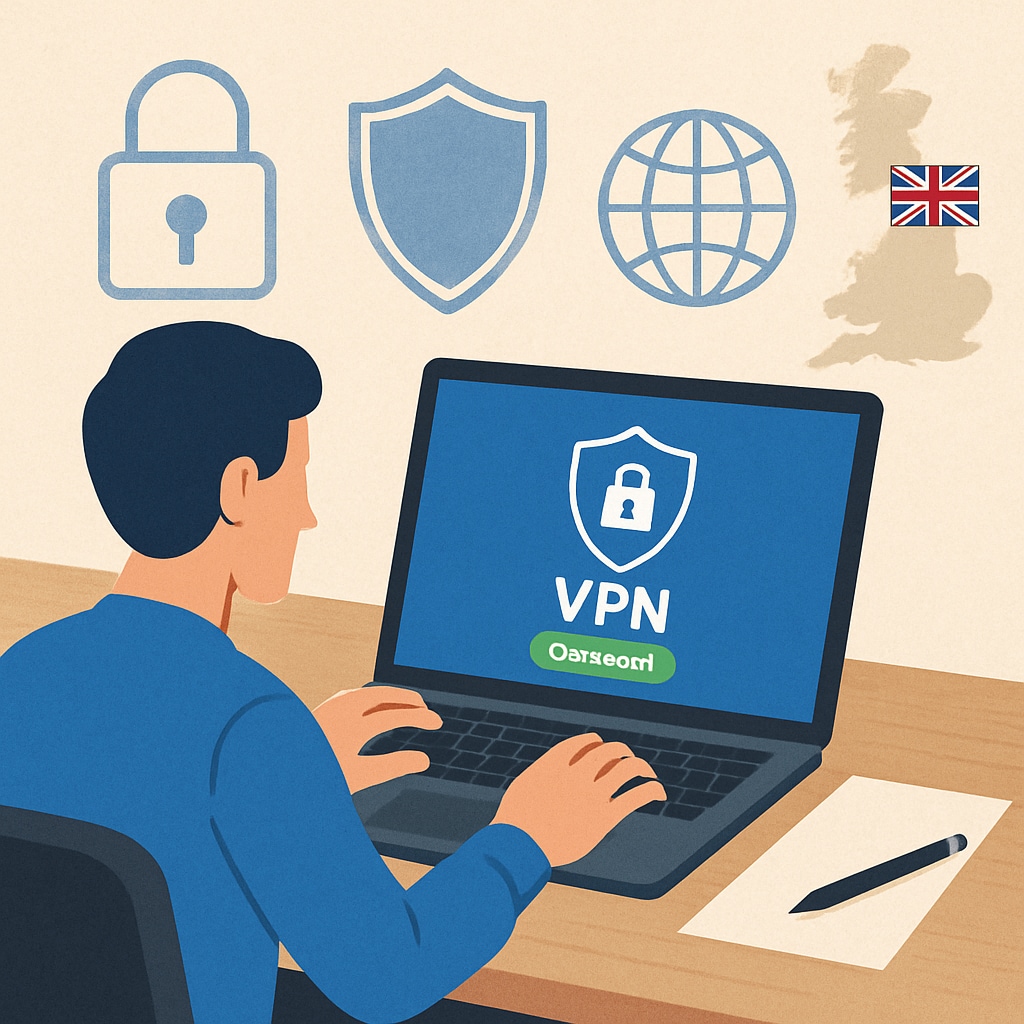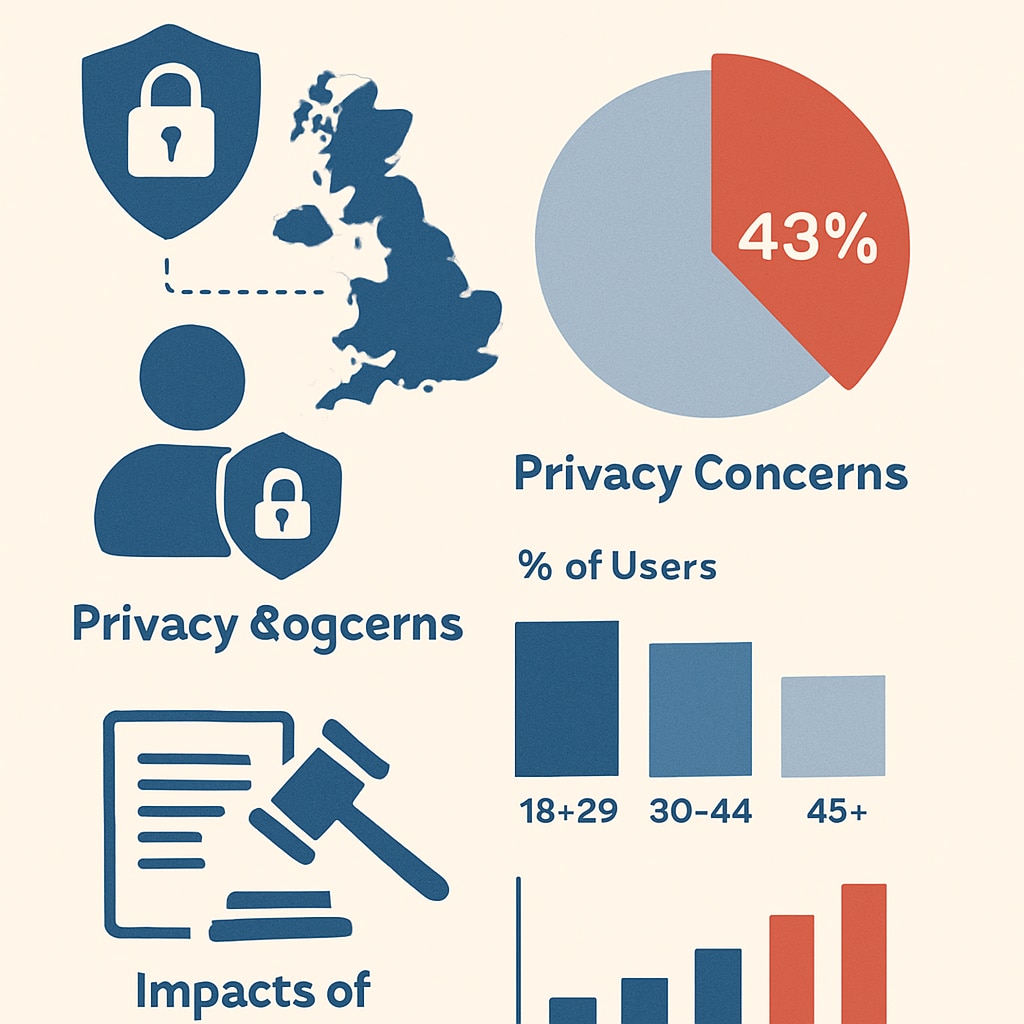The introduction of new age verification requirements under UK regulations has sparked significant changes in how users approach online privacy. As websites enforce stricter controls to ensure compliance, many users are turning to virtual private networks (VPNs) to safeguard their anonymity and access content without restrictions. This shift highlights the growing tension between regulatory compliance and individual privacy concerns.
Why Age Verification Policies Were Introduced
Age verification policies aim to protect minors from inappropriate online content and enhance digital safety. The UK government has mandated these measures to regulate access to adult websites and enforce accountability for content providers. However, while the intention is positive, the implementation raises concerns about data security and the potential misuse of personal information collected during verification processes.
For example, platforms often require users to submit sensitive documents, such as passports or driver’s licenses, to confirm their age. Critics argue that these requirements not only pose privacy risks but also create barriers for legitimate users who fear their data may be stored or shared improperly.

The Rise of VPN Usage Among UK Internet Users
As a response to these regulations, VPN usage in the UK has surged. VPNs allow users to mask their IP addresses and bypass geographical restrictions, making them a popular tool to circumvent age verification protocols. Many individuals see VPNs as a way to regain control over their online experience while avoiding intrusive data collection.
Moreover, VPNs offer additional benefits, such as encrypting internet traffic and protecting users from cyber threats. However, their growing popularity also raises questions about whether reliance on VPNs undermines the effectiveness of the very policies designed to protect users.

Balancing Regulation and Privacy
The conflict between government regulations and user privacy is not unique to the UK. Globally, countries implementing similar policies have faced backlash from privacy advocates. For instance, age verification systems in Australia and Germany have encountered criticism for overreaching and potentially exposing user data to third parties.
To strike a balance, stakeholders must prioritize transparency and robust encryption in age verification systems. Platforms should adopt privacy-first approaches, ensuring that stored data is anonymized and cannot be exploited by malicious actors.
Additionally, public education is essential. Users need to understand the risks and benefits of VPNs, as well as the importance of complying with regulations while safeguarding their privacy.
What’s Next for UK Internet Users?
As age verification and VPN usage continue to shape the online landscape, the UK government must evaluate the effectiveness of its policies. Will stricter enforcement lead to better protection, or will it drive more users toward privacy-enhancing tools like VPNs?
Ultimately, the success of these regulations depends on collaboration between lawmakers, technology providers, and users. By addressing concerns about privacy and security, the UK can develop a digital framework that protects minors while respecting individual freedoms.
For more information on VPNs and online privacy, visit VPN on Wikipedia or VPN on Britannica.
Readability guidance: This article uses short paragraphs, active voice, and clear language. Lists and examples are incorporated to improve comprehension. Overuse of technical jargon has been avoided to maintain accessibility.


